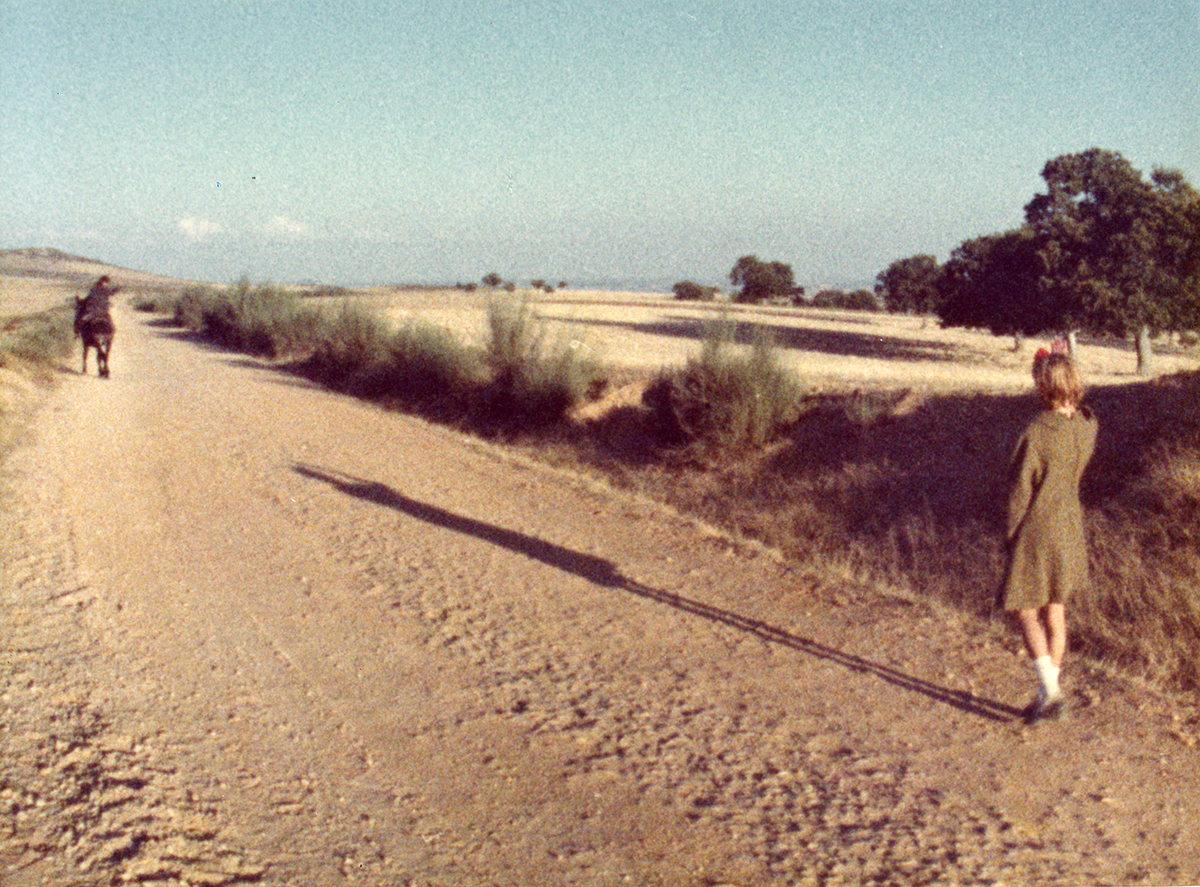Trás-os-Montes

For Jean Rouch, “this film reveals a new cinematographic language.” Reis and Cordeiro’s indisputable masterpiece exploded the meaning and possibilities of ethnographic cinema with its lyrical exploration of the still resonant myths and legends embodied in the people and landscapes of Portugal’s remote Trás-Os-Montes region. Evoking a kind of geologically Bergsonian time, with past and present layered upon one another, Trás-os-Montes interweaves evocative recreations of the ancient worlds and encounters with atavistic peasantry, following the pilgrim’s path traced by Reis and Cordeiro as they led their skeletal crew from village to village in search of the poetic essence of the Portuguese language and imagination. Painstakingly researched and shot over the course of one year, Reis and Cordeiro became intimate with every person included in their ambitious film, carefully selecting the different voices, faces, and gestures that would together provide an extraordinary composite, associative, and mythological response to the question of how to define a ‘national cinema’. (Harvard Film Archive)
“António Reis was a kind of visionary scientist. He looked at the world, at the stones, at nature, with the eyes of a sage and a poet. He found in them the magical side and the geological side... António and Margarida’s film was a masterpiece that brought them European fame. When the film premiered in Paris, Le Monde published a terrorist order signed by Joris Ivens and Jean Rouch, the two supreme masters of documentary cinema: ‘Allez voir, toutes affaires cessantes, Trás-os-Montes!’” (Paulo Rocha)
Portuguese spoken, English subtitles
New digitized version courtesy of Cinemateca Portuguesa